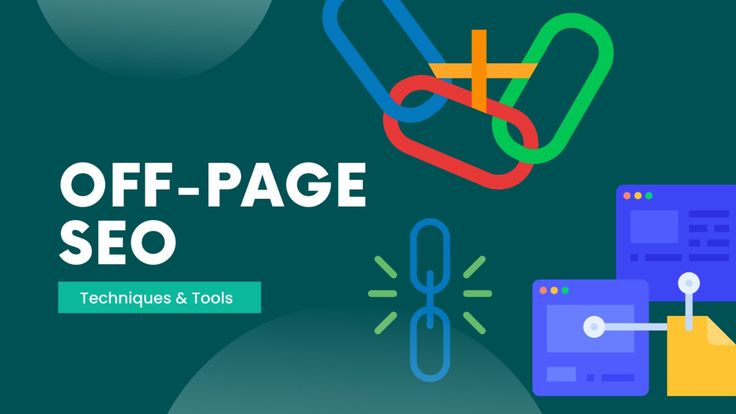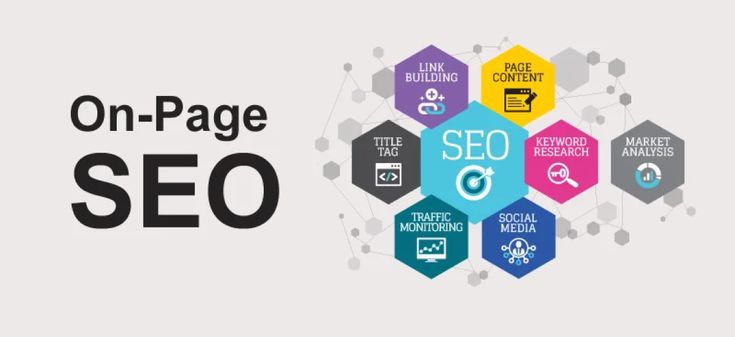Why Is Technical SEO Important for Website Speed & User Experience?
🔍 What is Technical SEO?
Technical SEO refers to the process of optimizing your website for the crawling, indexing, and rendering phase of search engines.
It ensures that:
-
Search engines can access and understand your site
-
Your pages load fast
-
Your website is mobile-friendly and secure
🧠 In simple terms: Technical SEO makes your site search engine-friendly and user-friendly at the core level.
🎯 Why Technical SEO is Important
Bots are used by search engines such as Google to crawl the web. If your site isn’t technically sound, they may:
-
Skip important pages
-
Take longer to index
-
Rank your competitors higher
Benefits of Technical SEO:
-
Faster loading = better user experience
-
Fewer errors = better crawlability
-
Structured data = enhanced results (rich snippets)
-
Mobile optimization = higher engagement
🧱 Key Components of Technical SEO
Let’s break it down:
1. 🚀 Website Speed Optimization
Page speed is a ranking factor. Slow websites = higher bounce rate.
How to improve:
-
Compress images (use WebP or lazy loading)
-
Minify CSS, JavaScript, and HTML
-
Use browser caching
-
Enable Gzip compression
-
Use a Content Delivery Network (CDN)
✅ Tools: Google PageSpeed Insights, GTmetrix, Lighthouse
2. 📱 Mobile-Friendliness
More than 60% of searches come from mobile. Google uses mobile-first indexing.
Checklist:
-
Responsive design
-
Avoid Flash or outdated plugins
-
Use legible font sizes
-
Buttons should be easily clickable
✅ Test with: Google Mobile-Friendly Test
3. 🧭 Crawlability & Indexability
Googlebot needs to access your pages.
-
Submit a sitemap.xml to Google Search Console
-
Use a proper robots.txt file
-
Avoid blocking important pages (with noindex, nofollow)
-
Prevent duplicate content with canonical tags
✅ Tools: Ahrefs Site Audit, Search Console, Screaming Frog
4. 🔒 Site Security and HTTPS
Secure websites are preferred by Google. It's time to update your website if it still uses HTTP.
-
Get an SSL certificate
-
Migrate to HTTPS
-
Redirect HTTP to HTTPS using 301 redirects
✅ Secure websites also increase user trust.
5. 🧠 Structured Data (Schema Markup)
Structured data helps search engines understand your content better and may enhance your listings with rich results (stars, reviews, FAQs, etc.)
Use schema.org types like:
-
Article
-
FAQ
-
Product
-
Review
-
BreadcrumbList
✅ Test with: Google Rich Results Test
6. 🧩 Fix Duplicate Content & Canonical Issues
Duplicate content confuses search engines.
How to fix:
-
Use rel="canonical" tags
-
Redirect duplicate pages
-
Use consistent internal links (avoid www and non-www mixing)
7. 🔄 URL Structure & Internal Linking
-
Keep URLs short and descriptive (/seo-tips instead of /page?id=123)
-
Use keywords in URLs
-
Create a logical site structure with internal links
-
Use breadcrumb navigation
✅ Helps with crawl depth and user navigation
8. 🐛 Fix Crawl Errors
Use Google Search Console to check for:
-
404 Not Found pages
-
Server errors (5xx)
-
Redirect loops
Fix them by:
-
Redirecting old pages
-
Updating internal links
-
Cleaning up broken backlinks
9. 🔄 Pagination and Infinite Scroll
If you have product listings or blogs with multiple pages:
-
Use rel="next" and rel="prev" (deprecated but still useful)
-
Use JavaScript-friendly solutions for infinite scroll (with crawlable content)
10. 🌍 Multilingual & International SEO (If applicable)
For websites targeting multiple languages/countries:
-
Use hreflang tags correctly
-
Avoid automatic redirects based on location
-
Maintain separate content for each region
🧪 Tools for Technical SEO Audits
|
Tool |
Use Case |
|
Google Search Console |
Crawl, index, mobile & performance issues |
|
Screaming Frog |
Full site audit and error detection |
|
Ahrefs / SEMrush |
Technical + backlink + content audit |
|
Lighthouse |
Core Web Vitals & speed audits |
|
GTmetrix |
Page performance insights |
|
WebPageTest |
Real-world loading tests |
🧠 Advanced Technical SEO Tips (2025)
-
Optimize Core Web Vitals (LCP, FID, CLS)
-
Use server-side rendering (SSR) for JavaScript-heavy websites
-
Implement lazy loading for images/videos
-
Utilize preloading and prefetching for faster rendering
-
Monitor crawl budget for large sites
🔧 Technical SEO: Frequently Asked Questions (FAQs)
1. What is Technical SEO?
Technical SEO refers to the process of optimizing your website’s infrastructure so that search engines can crawl, index, and rank it more efficiently. It focuses on site speed, mobile-friendliness, security, crawlability, and structured data.
2. Why is Technical SEO important?
Without technical SEO, search engines may not properly access or understand your content — no matter how great it is. It ensures your site is search engine-friendly, fast, and user-friendly.
3. What are the main components of Technical SEO?
-
Website speed optimization
-
Mobile-friendliness
-
SSL (HTTPS)
-
XML sitemap
-
Robots.txt
-
Structured data (Schema Markup)
-
Canonical URLs
-
Fixing crawl errors
-
Eliminating duplicate content
-
Website architecture & URL structure
4. What is an XML sitemap and why do I need one?
An XML sitemap lists all important pages of your website to help search engines find and index your content more efficiently.
5. What is Robots.txt?
It’s a file that tells search engines which pages or sections of your site should or shouldn’t be crawled.
6. How does website speed affect SEO?
Faster websites provide a better user experience and are favored by Google. Slow-loading pages can lead to higher bounce rates and lower rankings.
7. What is mobile-first indexing?
Google primarily uses the mobile version of your site for indexing and ranking. If your site isn’t mobile-friendly, it can hurt your SEO performance.
8. What is an SSL certificate and how does it help SEO?
An SSL certificate (HTTPS) ensures your site is secure. Google uses HTTPS as a ranking signal, and users trust secure websites more.
9. What are canonical URLs?
Canonical tags tell search engines which version of a page is the preferred one to avoid duplicate content issues.
10. What is structured data (schema markup)?
Structured data helps search engines better understand your content and display rich results (like star ratings, FAQs, etc.) in search results.
11. How do I check for crawl errors?
Use tools like:
-
Google Search Console
-
Screaming Frog
-
Ahrefs / SEMrush
These help identify pages that are blocked, broken, or not indexed properly.
12. How often should I audit my website for technical SEO?
Perform a technical SEO audit at least once every 3–6 months, or after any major website updates.
13. Can technical SEO alone improve my rankings?
Technical SEO is essential, but it must work alongside on-page SEO and off-page SEO (like backlinks and content quality) for full impact.
"Technical SEO may seem complex, but every fix you make brings you one step closer to better visibility and faster growth."


